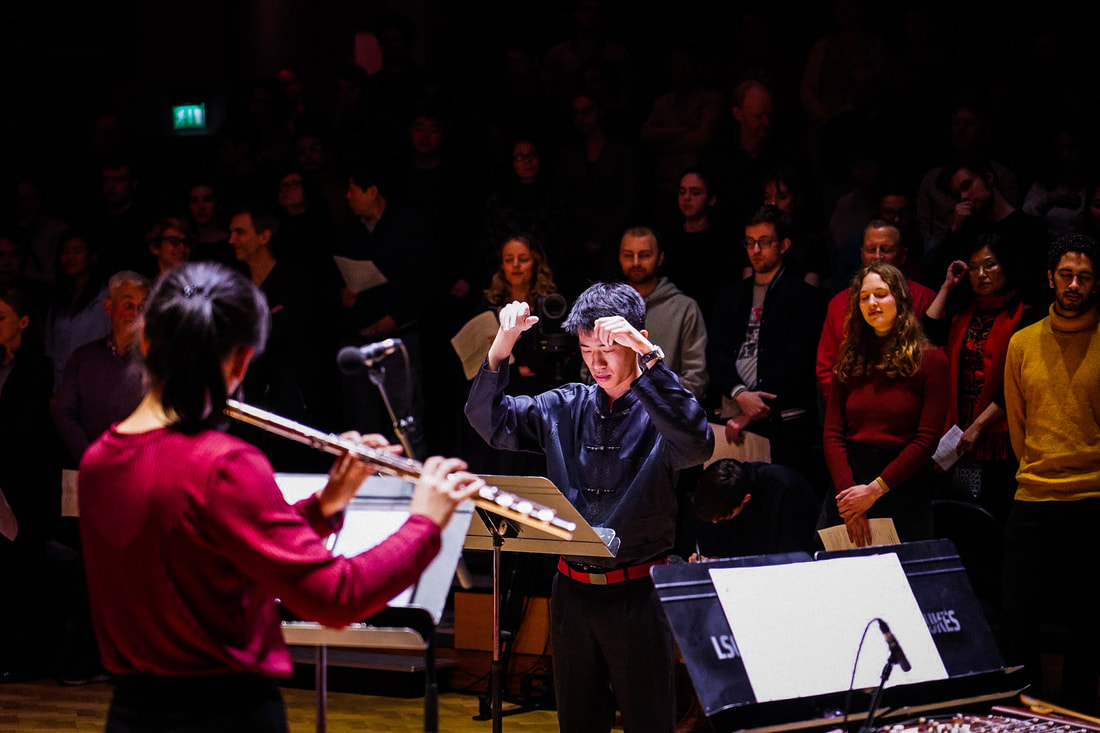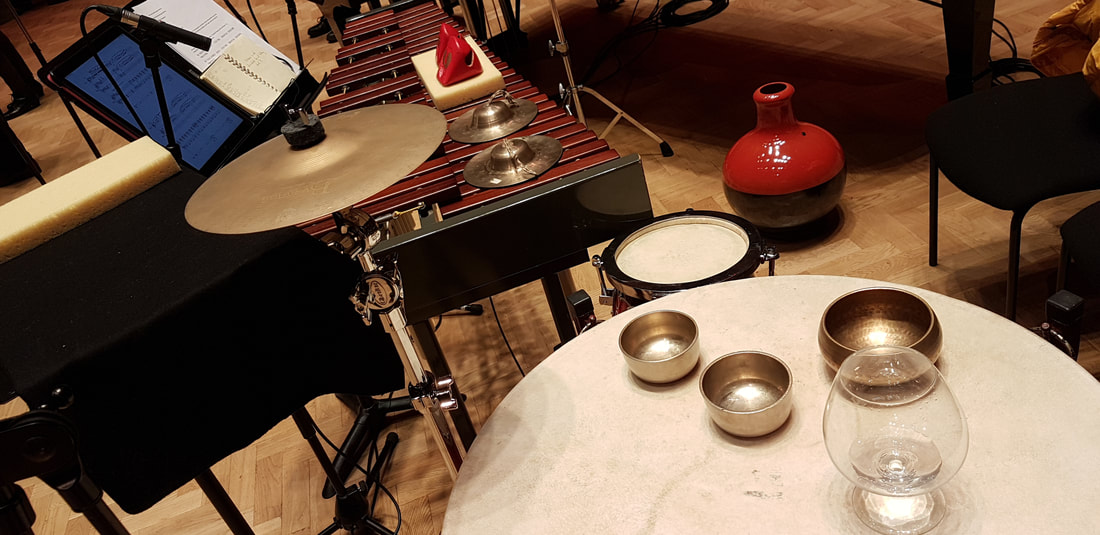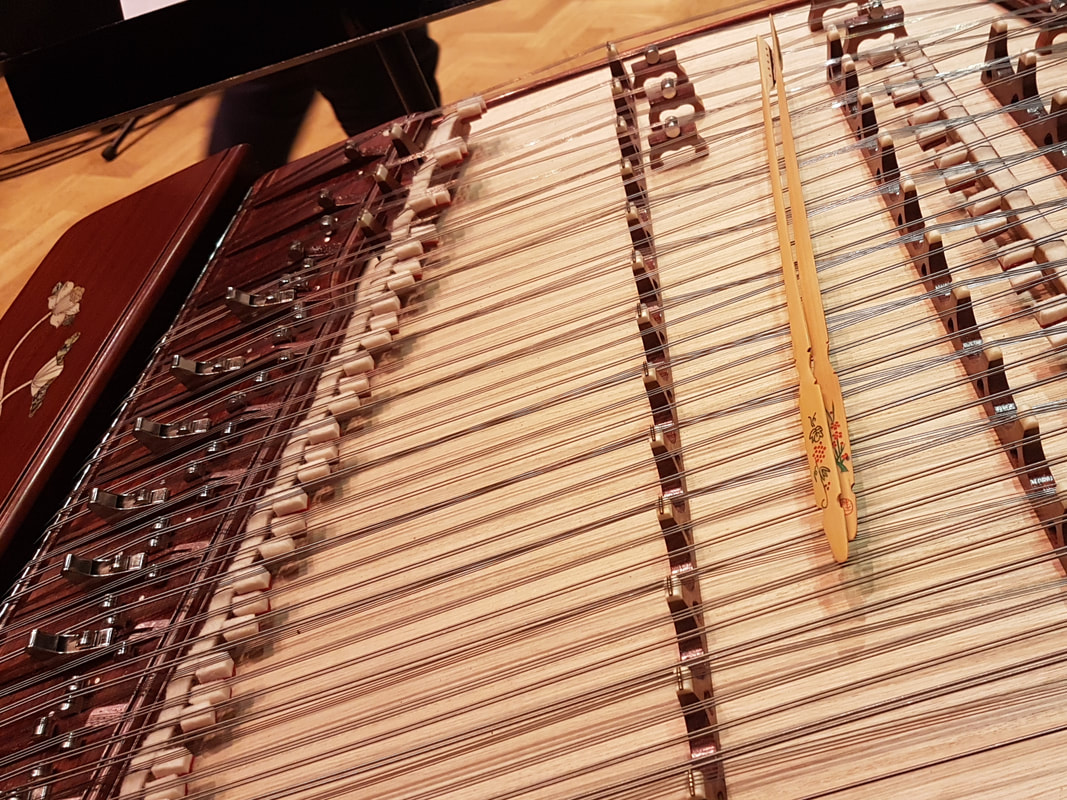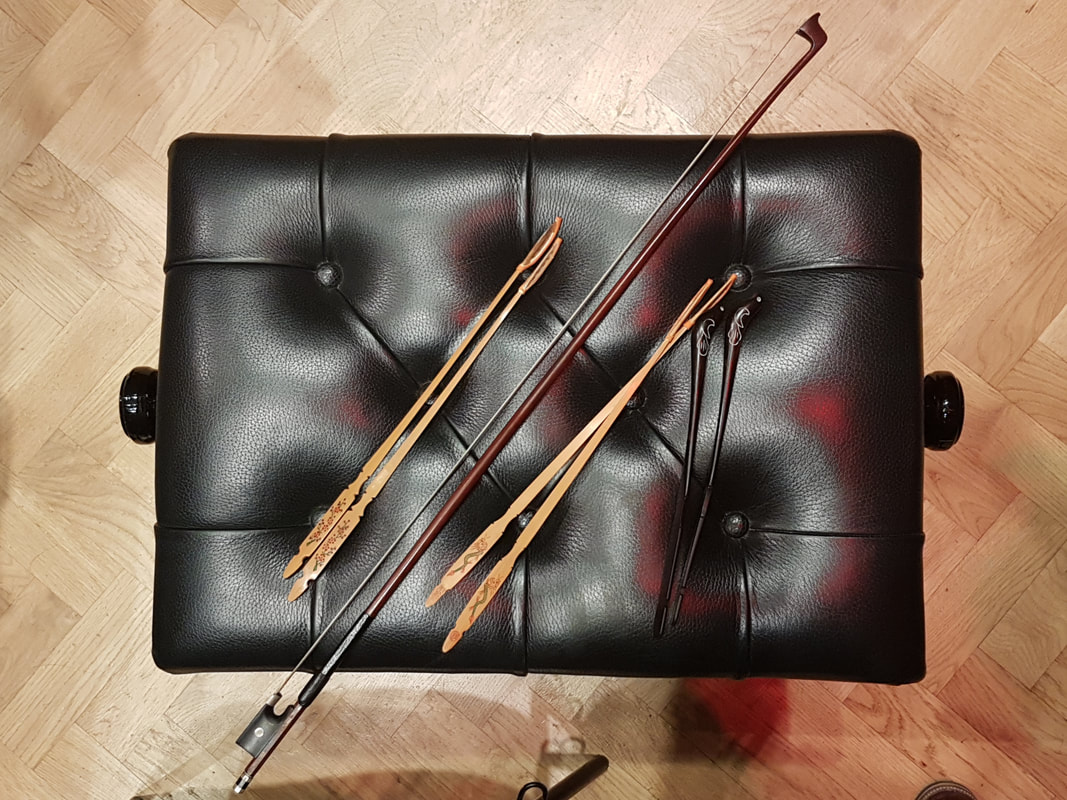Tangram premiering Alex Ho, Jasmin Kent Rodgman and Raymond Yiu at LSO St Luke's (25 January 2020)Tangram, an artist collective creating music that opens up spaces beyond the China-West dichotomy, returned to LSO St Luke’s a year on from its debut in January 2019 to celebrate the Lunar New Year. World premieres from transnational composers Alex Ho, Jasmin Kent Rodgman and Raymond Yiu welcomed in the Year of the Rat, weaved between Chinese folk songs arranged for the ensemble. Ho’s Say Hi was first up, its programme note explaining that it was scored for any four instruments with the additional (dreaded) forces of... AUDIENCE PARTICIPATION We were asked in English, Cantonese and Mandarin to stand for the duration of each movement (which were spread across the evening), to say hi to our neighbours and then to sing, following the melodic line of the flute. Simple really, but as someone who doesn't usually sing and has never been part of a choir it was a warming experience to feel an injection of endorphins from singing as part of a group. The second movement continued in this vein, requiring that the audience be split into three, with each section humming a note to build a chord that would swell underneath the ensemble. The scored music shifted and strayed, subtly stretching and bending the audience’s buzzing notes, ultimately leaving them somewhere different from where they began. A standing ovation naturally followed all three movements before the audience sat for the next piece. Accompanying us hummers on this occasion were Yi-Hsuan Chen (flute), Jessica Zhu (piano), Angela Wai Nok Hui (percussion) and Reylon Yount (yangqin), and it was that last instrument that most drew the ear and eye throughout the concert. The yangqin (扬琴) is believed to have originated in Persia, finding its way into China approximately 400 years ago through the Silk Road trade route. Tangram co-founder Reylon Yount’s website explains that this kind of cimbalom has only been considered a “Chinese” instrument since the early 1950s, and that 'Yang Qin' could originally be translated as 'foreign zither'. However, when the Chinese orchestra was standardised, the ‘yang’ character was swapped for one with same pronunciation but with a different meaning. It's important to discover how recent and fluid our heritage can often be, in these times more than ever. In the preconcert talk, Jasmin Kent Rodgman explained her reluctance to exploit Chinese tropes whilst also wanting to claim her own identity. Chinese influences in ancient stone came in the form of musical quotations, most notably from the song Mo Li Hua (Jasmine Flower), which Rodgman says was included as family members in Malaysia often ask her if she can perform it when visiting because of her name. Players were occasionally required to overlap and interrupt the music with proverbs in spoken word and song, jumping out like intertitles in silent movies. These proverbs separated four musical scenic photographs, each with a differing character. Inspired by Chinese opera, these scenes had a theatricality to them and one could imagine an invisible drama playing out in the room. “Watch until clouds part to see moonlight” “Small as it is, the sparrow has all the vital organs” “To know a fish go to the water; to know a bird's song go to the mountains” As the percussionist's kalimba cast raindrops over the end of ancient stone, the yangqin was bowed and scraped, revealing for the first time the depth of the reverberation that the body of the instrument harbours, creating space to contemplate the answer to an unvoiced question.
Raymond Yiu remoulds the words of Rupert Brooke’s poem The Soldier for the title of his piece, Corner of a Foreign Field. Commemorating Chinese workers who were recruited to the Allied war effort in 1917 to perform manual labour during the later part of World War I, the opening call of the solo flute evoked The Last Post and suggested, then, that not only is there “some corner of a foreign field that is forever England”, but also that is forever China. The work built rhythmically into an almost Reich-like section, before shifting to a slow progression of piano chords, inviting reflection. Ghosts were raised at the close, whistling from the percussionist's wine glass. In amongst these new works, Alex Ho's arrangements of traditional Chinese tunes left no doubt that the evening was a celebration, and an opportunity for some in the audience to explore a potentially unfamiliar culture and tradition. The concert ended with Ho's arrangement of the jaunty and celebratory Beautiful Flowers and the Full Moon, confirming that you're unlikely to hear anything quite like a Tangram concert anywhere else. ⓡ Comments are closed.
|
|



